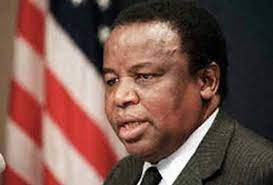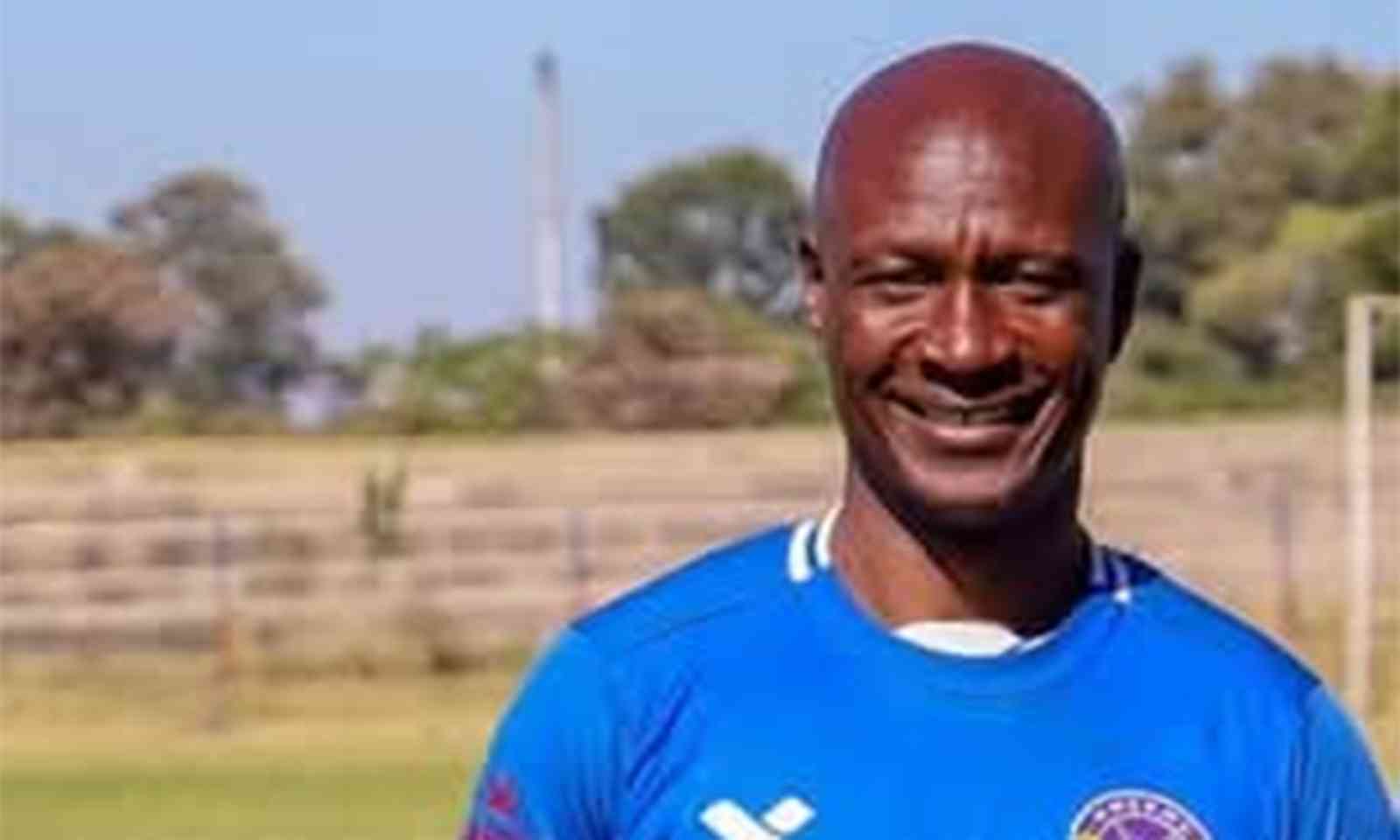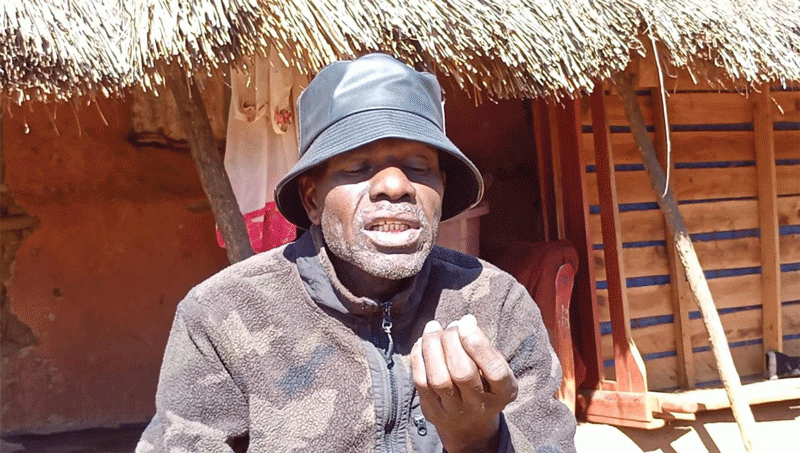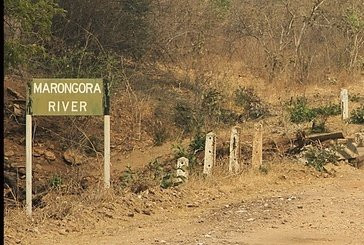
GOVERNMENT is yet to consult with the late Ndabaningi Sithole’s family over the nationalist’s hero status and a special gala being organised in his honour in Chipinge, a family spokesperson has told NewsDay Weekender.
President Emmerson Mnangagwa recently posthumously conferred national hero status on Sithole nearly 22 years after he was buried at a low-key event at his family farm in Mt Selinda, Chipinge, following his fallout with the Zanu PF leadership during the liberation struggle.
On Tuesday, Information ministry permanent secretary Ndavaningi Mangwana announced that the government was planning a music gala to honour Sithole.
“The Office of the President and Cabinet (OPC) is working on a musical gala to celebrate the life of the late former Zanu leader and national hero, Rev Ndabaningi Sithole. The gala will be in Chipinge where he hailed from. We will soon provide the actual date and other specifics,” Mangwana tweeted.
However, Sithole’s daughter Sifiso Sithole-Barrow said government had not yet made formal contact with the family.
“Government has not made any formal communication with the family. Once the government contacts the family formally and discussions are held, we will be happy to share with you and others.”she said.
Sithole was the founding president of Zimbabwe African National Union (Zanu) in 1963. He was subsequently jailed with other nationalists including the late Robert Mugabe and Joshua Nkomo in 1964.
He was later deposed in a palace coup engineered by Mugabe who accused him of denouncing the liberation struggle during a court trial in 1975.
- NGOs face the chop: ED
- Govt yet to consult us: Sithole family
- Editor's memo: Gukurahundi: Time for restorative justice
- Sithole family disowns Khumbula
Keep Reading
Sithole, then labelled a sellont, later served in the executive of the transitional government of Zimbabwe-Rhodesia in 1979.
In 1984, he relocated to the United States citing security concerns in Zimbabwe and remained actively involved in opposition politics. He came back in 1992, contested the 1995 parliamentary elections and won a seat but was arrested later that year for conspiring to kill Mugabe.
Sentenced in 1997 to two years in prison, Sithole did not serve jail time because of poor health. He died in December 2000 while in the United States seeking medical treatment.
Post-independence narratives from the ruling Zanu PF have sought to paint Sithole as a sell-out, but he is widely revered in Africa with a street named after him in Accra, Ghana.
Mnangagwa shocked all by conferring the national hero status on the struggle luminary after decades of smearing him.
“We are, therefore, rising to the occasion and recognising other heroes and heroines such as the late Reverend Ndabaningi Sithole and the late Comrade James Chikerema for their historical contributions, despite their areas of weaknesses, with regards to the observance of the correct line of the revolution,” he said at the Heroes Day commemorations at the national shrine in August this year.
“For that reason, we now honour them among the list of our national heroes and heroines. We forever remain indebted to all the heroes and heroines of our great country for freedom, democracy and independence.”
Liberation war steward Rugare Gumbo said the history of Zimbabwe would not be complete without the mention of Sithole.
Political commentator Blessing Vava said Mnangagwa was seeking political expediency through the conferring of hero status on Sithole and Chikerema.
“The conferment of the two late nationalists was an obvious case and doesn’t even need Mnangagwa’s endorsement. What is, however, shocking is that Mnangagwa had to announce himself as if he is doing the families a favour. It is just for political expediency because Mnangagwa was part of the gang that refused them hero status in the beginning,” Vava said.
“Mnangagwa is on record saying Sithole was a sell-out, one wonders what has changed. It’s just political expediency, remember they denied Mukudzei Mudzi a hero status despite being one of the members of Dare ReChimurenga.”
Senior researcher at Zimbabwe Democracy Institute Phekezela Gumbo said Mnangagwa was seeking to write his own liberation legacy.
“Mnangagwa is trying to create his own liberation legacy. It is a worthwhile political move for him to appease a disgruntled political constituency which was affected by former President Robert Mugabe. It has nothing to do with morals. This is a way to solidify his power base,” he said.
lFollow us on Twitter
@NewsDayZimbabwe











